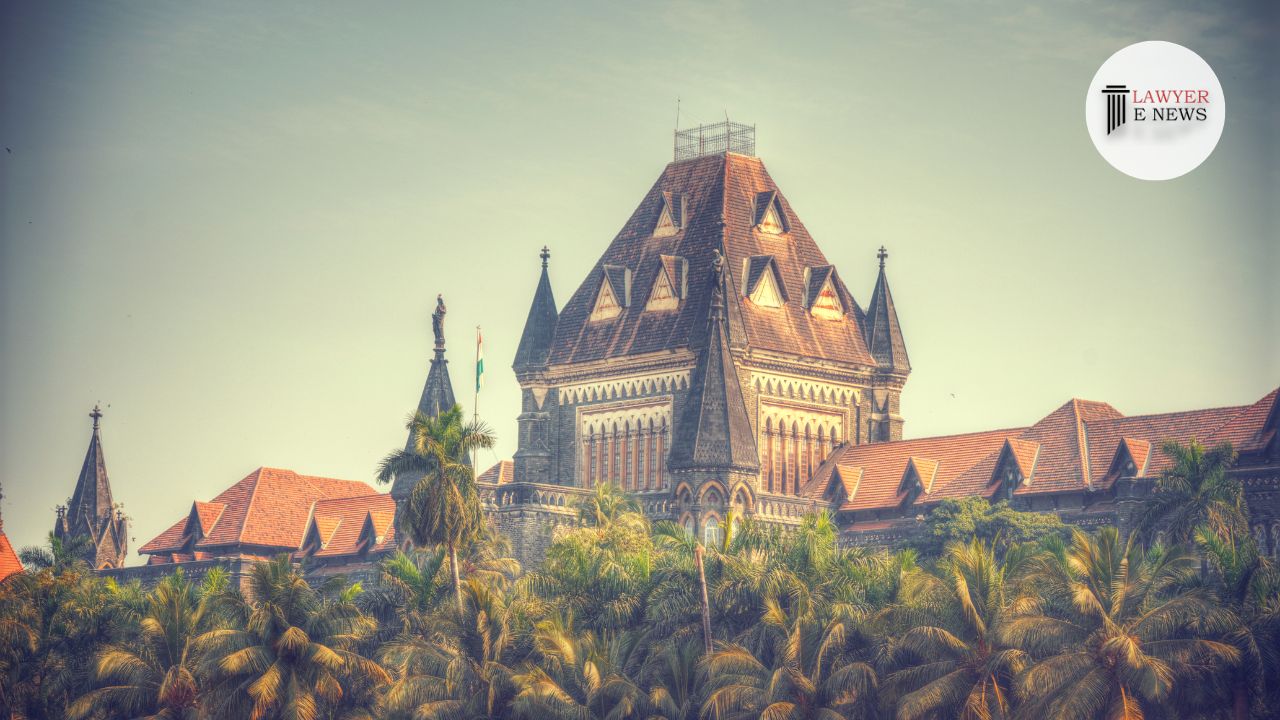-
by Admin
15 February 2026 2:16 AM



The Bombay High Court has dismissed a writ petition challenging the dress code imposed by N.G. Acharya and D.K. Marathe College, which prohibits the wearing of Hijab and Nakab. The judgment, delivered by a bench comprising Justices A.S. Chandurkar and Rajesh S. Patil, underscores the college’s authority to prescribe dress codes to maintain discipline and uniformity, holding that such regulations do not infringe on students’ fundamental rights under Articles 19(1)(a) and 25 of the Constitution of India.
The petitioners, nine students from the Chembur Trombay Education Society’s N.G. Acharya and D.K. Marathe College, contested the college’s dress code, arguing it violated their rights to freedom of expression and religious practice. They claimed that the prohibition of Hijab and Nakab was discriminatory and arbitrary, adversely affecting their right to education and personal dignity.
The High Court emphasized the college’s objective to ensure that students’ attire does not reveal their religion, aiming to foster an environment of uniformity and discipline. The bench noted, “The object behind prescribing the dress code is evident from the Instructions since they state that the intention is that a student’s religion ought not to be revealed. It is in larger academic interest of the students as well as for the administration and discipline of the College that this object is achieved.”
Addressing the petitioners’ argument about essential religious practices, the court found the evidence insufficient to establish Hijab and Nakab as essential to the practice of Islam. The court remarked, “Except for stating that the same constitutes an essential religious practice on the basis of the English translation of Kanz-ul-Iman and Suman Abu Dawud, there is no material placed to uphold the petitioners’ contention.”
The court extensively discussed the balance between individual rights and institutional regulations. It upheld the college’s right to enforce dress codes under Article 19(1)(g) and Article 26, stating, “The regulation of such a dress code has to be treated as an exercise towards maintaining discipline at the Institution. This right flows from the recognized fundamental right to establish and administer an educational institution under Article 19(1)(g) and Article 26 of the Constitution of India.”
Justice A.S. Chandurkar noted, “The insistence for following the dress code is within the college premises and the petitioners’ freedom of choice and expression is not otherwise affected. Moreover, a changing room has also been provided for girl students.”
The dismissal of the petition by the Bombay High Court affirms the college’s authority to enforce a dress code aimed at maintaining discipline and uniformity. This judgment reinforces the balance between students’ fundamental rights and the administrative rights of educational institutions, setting a precedent for similar cases in the future. The court’s decision underscores the importance of institutional regulations in promoting a non-discriminatory and focused educational environment.
Date of Decision: 26th June, 2024
Zainab Abdul Qayyum Choudhary and Others vs. Chembur Trombay Education Society’s N.G. Acharya and D.K. Marathe College of Arts, Science and Commerce and Others
